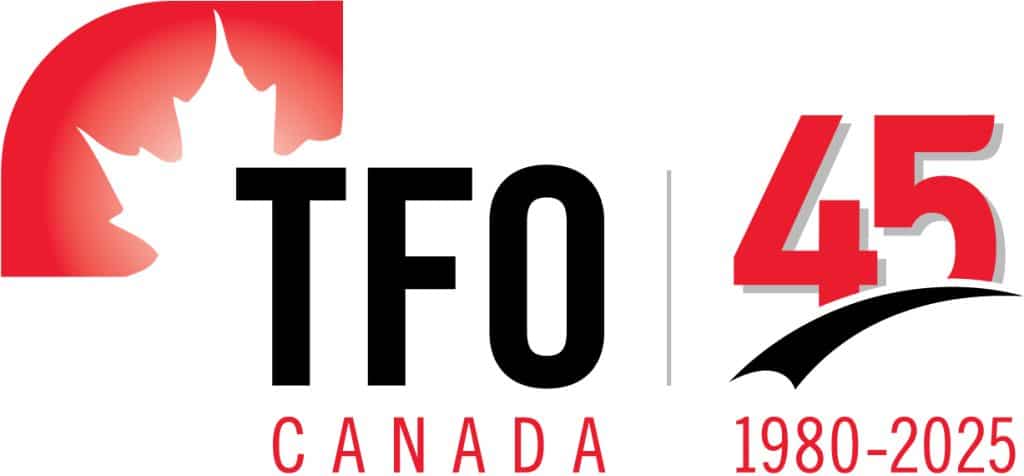Located in the westernmost region of North Africa, the Kingdom of Morocco is known as the Maghreb – the “Arab West”. The country has a unique blend of Arab, European and African cultures, with large Arab and indigenous Berber populations.
The Moroccan economy relies on agriculture and the economy of the European Union, which is Morocco’s most important trading partner. The kingdom boasts vast deposits of mineable resources, including significant phosphate reserves, along with iron, ore, manganese, zinc, lead, salt, cobalt and silver.
Canada and Morocco have strong bilateral relations, as evidenced by negotiations towards a Free Trade Agreement between the two countries. Good progress has been made so far on all aspects of the negotiations, notably in areas related to custom procedures, sanitary and phytosanitary measures and government procurement.
Morocco’s number one export to Canada is clementines. Mandarin oranges and other citrus fruit, as well as figs and pears, constitute the remainder of Morocco’s food exports to Canada. The fishing industry is very significant to the country. Morocco is Africa’s top fish and seafood exporter, and is a leader in the canned fish segment. Recently, the industry has begun to diversify, expanding to include high-value fish products such as octopus, squid, and shrimp.
Moroccan textiles present another excellent opportunity for Canadian importers. With established trading relationships with the EU, Morocco’s textile manufacturers are known for their flexibility and sourcing skills. Top textile exports include hosiery, underwear, footwear, ready-to-wear clothing, and basic textiles.
